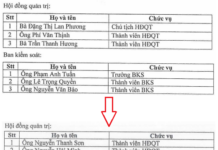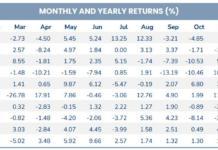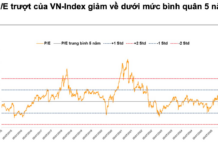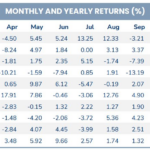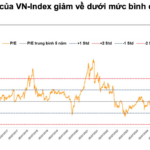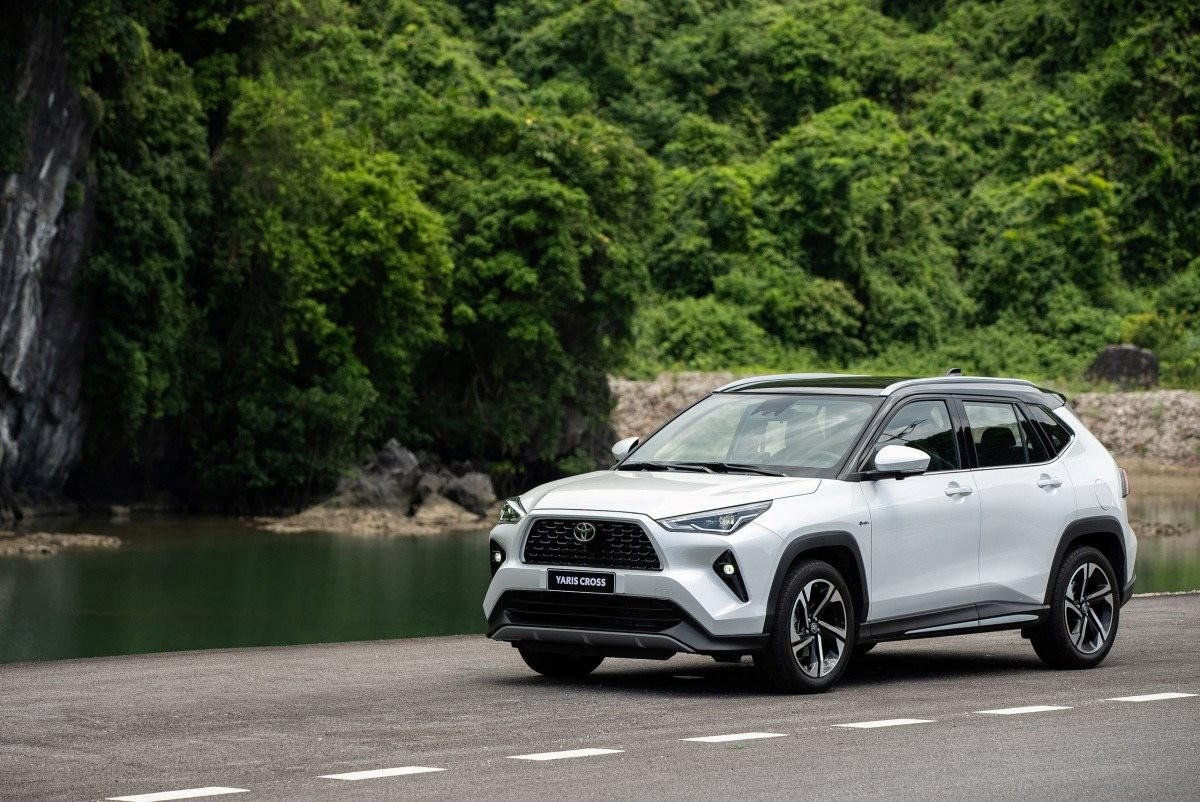
Toyota Yaris Cross is one of the best-selling hybrid models currently.
2023 marked the return of several major players bringing hybrid cars to Vietnam. However, the actual sales figures of these models still remain unknown to consumers.
In 2024, a significant breakthrough was made when the companies decided to separate the sales figures of hybrid cars from their internal combustion engine counterparts.
As one of the leading brands in the Vietnamese car market, Toyota has been actively bringing hybrid models to Vietnam. According to the Vietnam Automobile Manufacturers Association (VAMA), Toyota sold 28 Toyota Camry hybrids, 18 Corolla Altis hybrids, 7 Corolla Cross hybrids, 7 Innova Cross hybrids, and 52 Yaris Cross hybrids. In total, the company sold 112 hybrid cars, accounting for about 5% of Toyota’s total car sales in January.
On the other hand, Kia only sold 2 units of the Sorento HEV/PHEV hybrid model. Honda also announced for the first time that they sold 35 hybrid versions of the CR-V, accounting for 13% of the total sales of this model.
Another brand that sells hybrid cars in Vietnam is Suzuki, which has sold an impressive 427 units of the Ertiga hybrid. However, the difference here is that the Japanese brand has stopped selling the regular Ertiga since last year and now only sells the hybrid version.
In addition to the models mentioned above, there are still other brands that are selling hybrid cars in the Vietnamese market, such as Hyundai with the Santa Fe hybrid and Nissan with the Kicks and Haval H6. However, Hyundai has not separated the sales figures, while the other two brands do not disclose monthly sales figures in the Vietnamese market.
According to experts, the decision of major car companies to separate the sales figures of hybrid cars is a significant step forward, showing the importance of these models in the Vietnamese market. For consumers, knowing the consumption level of hybrid cars helps to have a better overview of the market and trends in choosing “greener” cars when making purchasing decisions.
From these numbers, it can be seen that hybrid cars have started to receive more attention in the domestic market. However, the number of models and the level of consumption are still relatively modest compared to conventional versions, mainly due to the higher prices.
In 2024, it is expected that more hybrid car models will continue to enter the domestic market, providing consumers with more choices.











